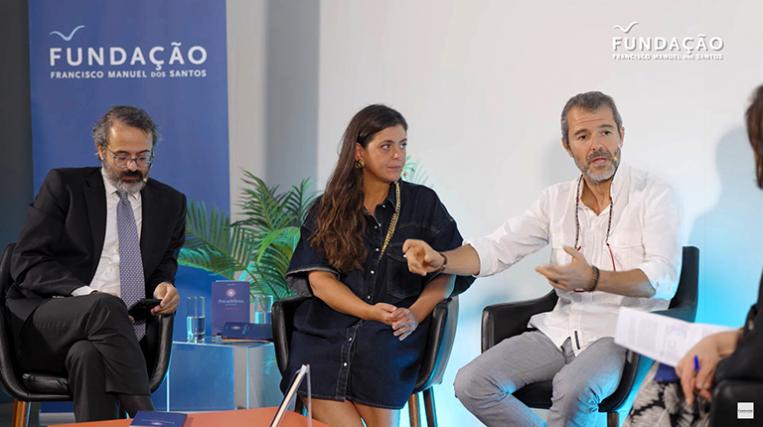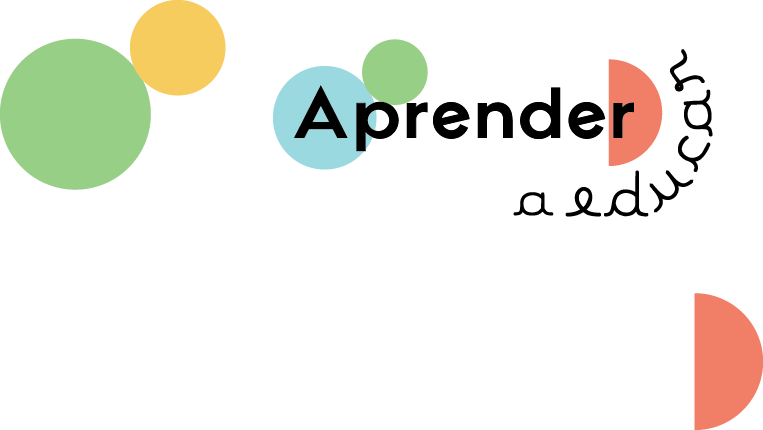M. Carmo Carvalho, a professor at the Faculty of Education and Psychology at the Universidade Católica Portuguesa (FEP-UCP), participated in the debate "Journey to psychedelics: new therapies and personal horizons?" organised by the Francisco Manuel dos Santos Foundation. The event brought together experts and interested members of the public to discuss the regulation and therapeutic potential of psychedelics.
At the invitation of Safe Journey, an organisation dedicated to the dissemination of psychedelic science and culture, the faculty discussed topics such as the regulation of psychedelics, the advantages they offer over traditional treatments and the challenges of scientific research in this area.
The professor from the Faculty of Education and Psychology addressed the importance of distinguishing the therapeutic use of psychedelics from other modalities of use, emphasising the independence between regulation and use. The usefulness of psychedelics in alleviating depressive symptoms resistant to other interventions was also discussed.
On this topic, M. Carmo Carvalho states that: “In the case of resistant depression, ketamine and psilocybin have been associated with more significant and longer-lasting symptom relief, at levels significantly higher than those achieved with the traditional combination of psychotherapy and antidepressant psychotropic drugs. However, this traditional approach should always be exhausted before considering psychedelic-assisted psychotherapy," she says.
What the research says
Current research suggests significant benefits of psychedelics in resistant depression, anxiety, post-traumatic stress disorder, complicated bereavement and addictive behaviours. However, there are contraindications to the use of psychedelic-assisted psychotherapy in borderline personality disorder, bipolar disorder, schizophrenia and other forms of psychosis.
Despite a resurgence of interest in the last decade, research into the therapeutic potential of psychedelics is still in its infancy. “It is necessary to clarify the specific mechanisms of each substance and diagnosis, as well as the conditions of effects in combination with psychotherapy," said the researcher.
The debate was held on 19 September 2024. It was also attended by Pedro Teixeira, professor and researcher at the Faculty of Human Motricity at the University of Lisbon, and João Taborda da Gama, lawyer and specialist in the regulation of substances. The event was moderated by journalist Filipa Melo.




